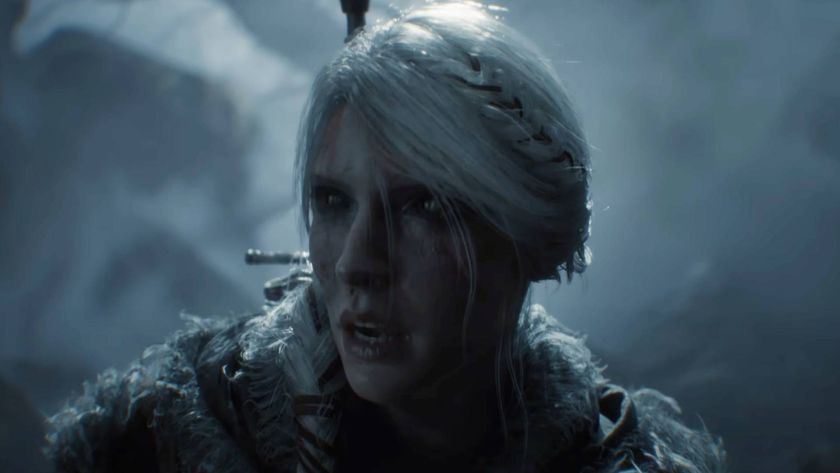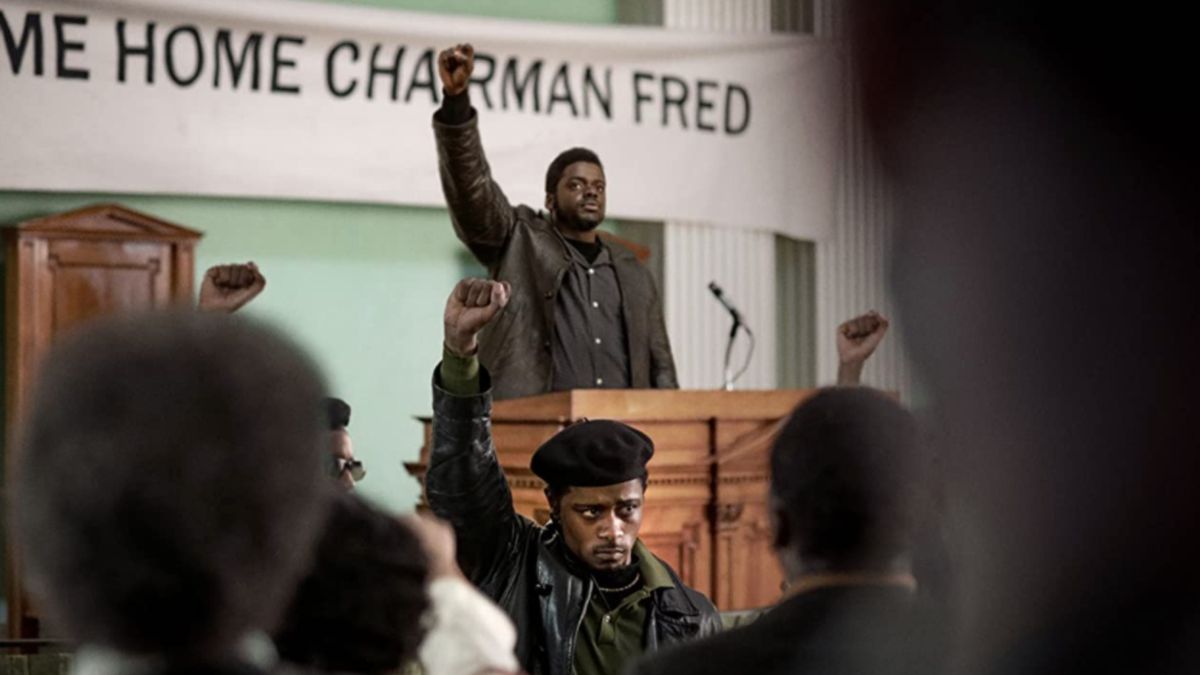12DOVE Verdict
Shaka King’s message from the past is a vital, heartbreaking film for now. Kaluuya, Stanfield and Fishback rise to its call beautifully.
Why you can trust 12DOVE
F. Gary Gray tried. Forest Whitaker tried. Despite filmmakers’ curtailed attempts to make one, Fred Hampton is long overdue the biopic treatment.
After his brief appearance in The Trial Of The Chicago 7, the assassinated leader of the Illinois Black Panthers chapter has finally been given the portrait he deserves: a punchy, full-bodied and bitingly topical tale of passion, politics and betrayal, wrapped in a crime drama and played with commitment by a note-perfect cast.
After debates about the casting of a British actor, Daniel Kaluuya roars with righteous charisma as Hampton, who we meet stirring followers with calls to action (and, later, spearheading a Rainbow coalition of oppressed groups) against a charged late-’60s America backdrop.
Alongside Kaluuya’s galvanising lead, LaKeith Stanfield tackles the more reserved role of William O’Neal, a petty thief manipulated by Jesse Plemons’ fed Roy Mitchell into informing on Hampton.
While O’Neal could have been simply demonised, Stanfield and co-writer/director Shaka King draw out judiciously humanising, complicating themes of coercion and inner conflict, without diluting his actions.
As Bill’s position becomes more precarious, Stanfield’s wary, alert eyes tell a story that the rest of his body suppresses: a kind of duly subdued psychodrama of guilt, fear and cunning, couched in discreet nuances.
Kaluuya is equally commanding in his quieter moments with Dominique Fishback, who fulfils the promise of TV’s The Deuce as Hampton’s fiancée Deborah Johnson. Though she could use more screen time, Fishback brings measure and magnetism to Johnson: her speech about the legacy her generation will leave for their children pierces in its clarity.
The supports provide New Hollywood-style ballast. A sturdy Plemons evokes vintage Jack Nicholson in his insidious delivery; meanwhile, Martin Sheen underplays a potentially show-boating cameo as J. Edgar Hoover, whose barely veiled racism seems all too similar to today’s toxic alt-right speak.
Though the plot strands don’t cohere as cleanly as hoped in the faintly crowded second half, King’s keen direction and Director of Photography Sean Bobbitt’s naturalistic images hold the attention with an immersive and tactile immediacy.
That in-the-moment anchorage makes for a devastating climax, which lands with the punch of tragedy and more besides. Between its genre know-how and furious anger, King’s biopic makes damn sure you feel the weight of Hampton’s loss – and the need for his legacy to be honoured.
For more Sundance coverage, be sure to check out our reviews of The Sparks Brothers, Passing, Land, and In the Earth.
Kevin Harley is a freelance journalist with bylines at Total Film, Radio Times, The List, and others, specializing in film and music coverage. He can most commonly be found writing movie reviews and previews at 12DOVE.

The 2TB Seagate Expansion Card has returned to a price I haven't seen since last year's Black Friday

Sneaky restock notes suggest Pokemon Prismatic Evolutions is likely to return to stores in May

The Witcher 4 has "a huge team" focused on the believability of the RPG's world, because even things like trees and foliage always need to belong











